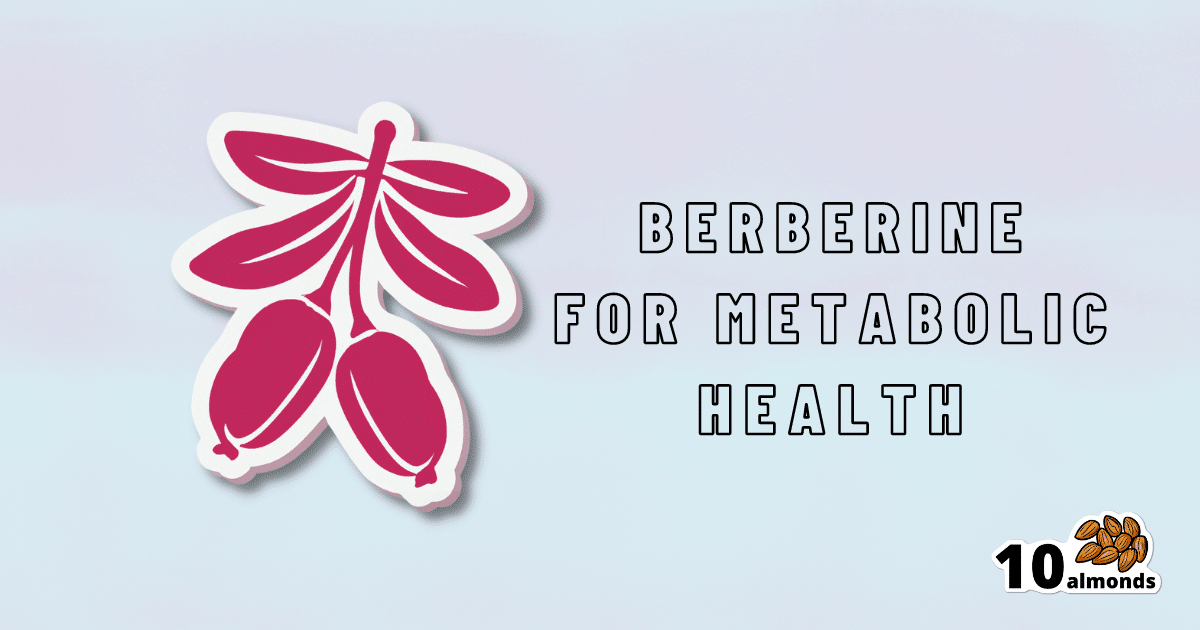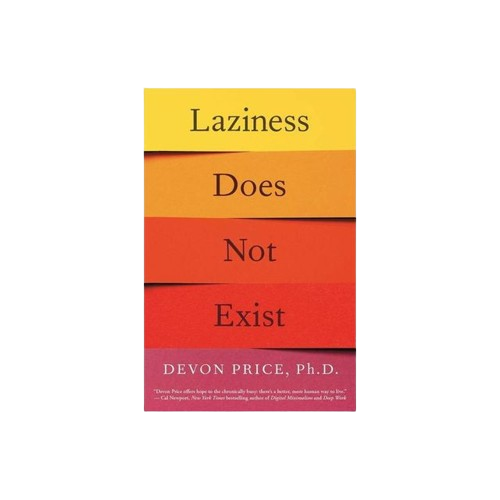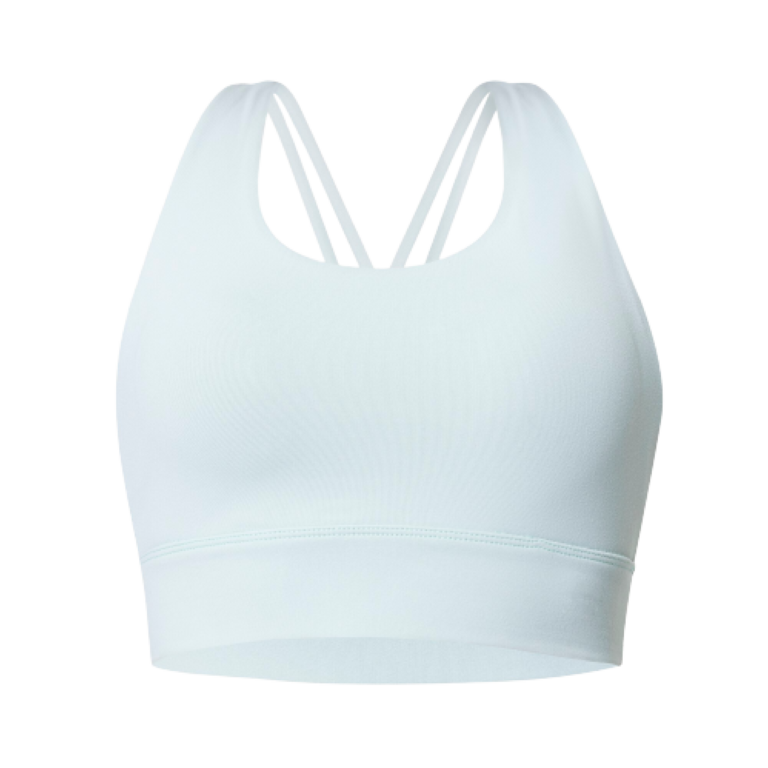Berberine For Metabolic Health
Discover the powerful effects of berberine on improving metabolic health and managing conditions such as diabetes and obesity.

Is Berberine Nature’s Ozempic/Wegovy?
Berberine is a compound found in many plants. Of which, some of them are variations of the barberry, hence the name.
It’s been popular this past couple of years, mostly for weight loss. In and of itself, something being good for weight loss doesn’t mean it’s good for the health (just ask diarrhoea, or cancer).
Happily, berberine’s mechanisms of action appear to be good for metabolic health, including:
- Reduced fasting blood sugar levels
- Improved insulin sensitivity
- Reduced LDL and triglycerides
- Increased HDL levels
So, what does the science say?
It’s (mostly!) not nature’s Wegovy/Ozempic
It’s had that title in a number of sensationalist headlines (and a current TikTok trend, apparently), but while both berberine and the popular weight-loss drugs Wegovy/Ozempic act in part on insulin metabolism, they mostly do so by completely different mechanisms.
Wegovy and Ozempic are GLP-1 agonists, which mean they augment the action of glucagon-like-peptide 1, which increases insulin release, decreases glucagon release, and promotes a more lasting feeling of fullness.
Berberine works mostly by other means, not all of which are understood. But, we know that it activates AMP-activated protein kinase, and on the flipside, inhibits proprotein convertase subtilisin/kexin type 9.
In less arcane words: it boosts some enzymes and inhibits others.
Each of these boosts/inhibitions has a positive effect on metabolic health.
However, it does also have a slight GLP-1 agonist effect too! Bacteria in the gut can decompose and metabolize berberine into dihydroberberine, thus preventing the absorption of disaccharides in the intestinal tract, and increasing GLP-1 levels.
See: Effects of Berberine on the Gastrointestinal Microbiota
Does it work for weight loss?
Yes, simply put. And if we’re going to put it head-to-head with Wegovy/Ozempic, it works about half as well. Which sounds like a criticism, but for a substance that’s a lot safer (and cheaper, and easier—if we like capsules over injections) and has fewer side effects.
- Weight Loss Outcomes Associated With Semaglutide Treatment for Patients With Overweight or Obesity ← Wegovy and Ozempic are both brand names of semaglutide
- The effect of berberine supplementation on obesity parameters: A systematic review and meta-analysis of randomized controlled trials ← a good recent research review giving clear data on many factors
- Lipid-lowering effect of berberine in human subjects and rats ← this is an older study, 2012, but it gives 3-month weight loss percentages rather than discrete values in the abstract, so it’s easier to compare to the semaglutide study without grabbing a calculator
❝But more interestingly, the treatment significantly reduced blood lipid levels (23% decrease of triglyceride and 12.2% decrease of cholesterol levels) in human subjects.
However, there was interestingly, an increase in calcitriol levels seen in all human subjects following berberine treatment (mean 59.5% increase)
Collectively, this study demonstrates that berberine is a potent lipid-lowering compound with a moderate weight loss effect, and may have a possible potential role in osteoporosis treatment/prevention.❞
(click through to read in full)
Is it safe?
It appears to be, with one special caveat: remember that paper about the effects of berberine on the gastrointestinal microbiota? It also has some antimicrobial effects, so you could do harm there if not careful. It’s recommended to give it a break every couple of months, to be sure of allowing your gut microbiota to not get too depleted.
Also, as with anything you might take that’s new, always consult your doctor/pharmacist in case of contraindications based on medications you are taking.
Where can I get it?
As ever, we don’t sell it, but you can check out the berberine of one of our sponsors if you like, or else find one of your choosing online; here’s an example product on Amazon, for your convenience.
Enjoy!
Share This Post
Learn To Grow
Sign up for weekly gardening tips, product reviews and discounts.




